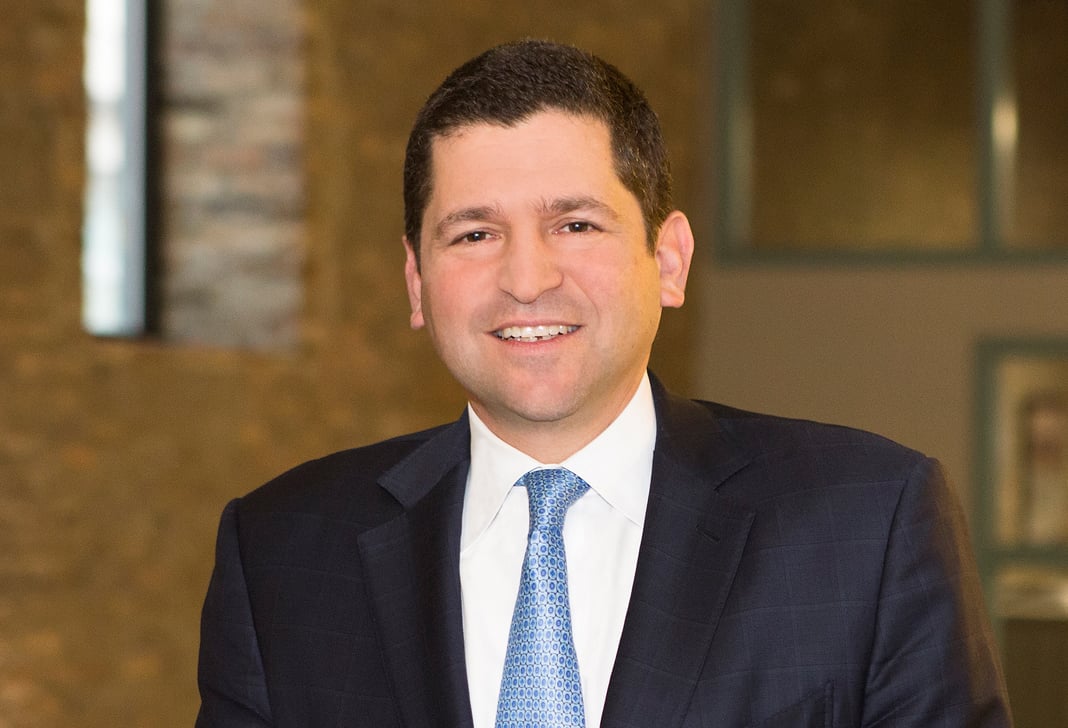
Integrity Staffing Solutions v. Busk: Supreme Court Rules Time Spent at Security Checkpoint Not Compensable
On December 9, 2014, the United States Supreme Court unanimously held that the time employees spend waiting in security checkpoint lines after the end of their shifts does not constitute work or working time within the meaning of the Fair Labor Standards Act. Justice Clarence Thomas's decision in Integrity Staffing Solutions, Inc. v. Busk, No. 13-433, is the latest in a series of employer-friendly employment law decisions at the high court.
Plaintiffs Jesse Busk and Laurie Castro were employed by Integrity Staffing Solutions, a temporary staffing firm. They were assigned to work at warehouse facilities maintained by Amazon.com in Nevada. There, they retrieved products from the warehouse shelves and readied them for shipment to Amazon's customers. All employees (and apparently all visitors) had to undergo security screening upon leaving the warehouse each day. As with an airport screening, the workers would remove wallets and keys from their pockets, take off their belts, and pass through metal detectors. Plaintiffs contended (and the Supreme Court accepted for purposes of argument) that the screening was performed in order to reduce theft of goods from the warehouses.
Busk and Castro filed a putative collective action lawsuit alleging that the time spent waiting to proceed through the security screenings was compensable under the federal Fair Labor Standards Act, 29 U.S.C. § 201 et seq. The United States District Court for the District of Nevada dismissed plaintiffs' complaint for failure to state a claim, holding that the time spent in line was not compensable under the FLSA because it was after the end of their shift and was not an "integral and indispensable" part of the principal activities that the workers were employed to perform. The Ninth Circuit Court of Appeals, however, reversed the district court, reasoning that when activities are "necessary to employees' primary work … and done for [the employer]'s benefit," those activities are compensable as "integral and indispensable" to the employees' principal activities.
The Supreme Court reversed the Ninth Circuit in a unanimous 9–0 decision, holding that time spent in connection with the security screening was a "noncompensable postliminary activit[y]" under the federal Portal-to-Portal Act, an amendment to the FLSA. 29 U.S.C. § 254(a). The Court reasoned that security screenings "were not the 'principal activity or activities which [the] employee is employed to perform.'" The Court also found the security screenings were not "integral and indispensable" to the employees' work:
[A]n activity is not integral and indispensable to an employee's principal activities unless it is an intrinsic element of those activities and one with which the employee cannot dispense if he is to perform those activities. The screenings were not an intrinsic element of retrieving products from warehouse shelves or packaging them for shipment. And Integrity Staffing could have eliminated the screenings altogether without impairing the employees' ability to complete their work.
The Supreme Court's decision reined in the far broader test that the Ninth Circuit adopted, which focused primarily if not exclusively on whether the employer required the particular activity. The Supreme Court's reasoning in Busk is consistent with all other appellate courts other than the Ninth Circuit to consider the issue, as well as with the Department of Labor's regulations interpreting the FLSA and the Portal-to-Portal Act.
The Court's decision in Busk represents a significant victory for employers and will make it easier to defend against certain wage and hour claims concerning so-called preliminary and postliminary activities. This latest Supreme Court decision is the most recent in a series of cases giving employer-friendly readings to employment statutes such as the FLSA. For instance, earlier this year, in Sandifer v. U.S. Steel Corp. (Case No. 12-417, Jan. 27, 2014), the Court held that under Section 203(o) of the FLSA, the time workers spent donning and doffing work clothes was not compensable.
Lawyer Contacts
For further information, please contact your principal Firm representative or one of the lawyers listed below. General email messages may be sent using our "Contact Us" form, which can be found at www.jonesday.com.
Fred W. Alvarez
Silicon Valley
+1.650.739.3977
falvarez@jonesday.com
Rick Bergstrom
San Diego
+1.858.314.1118
rjbergstrom@jonesday.com
Terri L. Chase
New York
+1.212.326.8386
tlchase@jonesday.com
Lawrence C. DiNardo
Chicago
+1.312.269.4306
lcdinardo@jonesday.com
William F. Dolan
Chicago
+1.312.269.4362
wdolan@jonesday.com
Eric S. Dreiband
Washington
+1.202.879.3720
esdreiband@jonesday.com
Michael J. Gray
Chicago
+1.312.269.4096
mjgray@jonesday.com
Brian M. Jorgensen
Dallas
+1.214.969.3741
bmjorgensen@jonesday.com
Matthew W. Lampe
New York
+1.212.326.8338
mwlampe@jonesday.com
Elizabeth B. McRee
Chicago
+1.312.269.4374
emcree@jonesday.com
Robert A. Naeve
Irvine
+1.949.553.7507
rnaeve@jonesday.com
Stanley Weiner
Cleveland
+1.216.586.7763
sweiner@jonesday.com
Jones Day publications should not be construed as legal advice on any specific facts or circumstances. The contents are intended for general information purposes only and may not be quoted or referred to in any other publication or proceeding without the prior written consent of the Firm, to be given or withheld at our discretion. To request reprint permission for any of our publications, please use our "Contact Us" form, which can be found on our website at www.jonesday.com. The mailing of this publication is not intended to create, and receipt of it does not constitute, an attorney-client relationship. The views set forth herein are the personal views of the authors and do not necessarily reflect those of the Firm.



